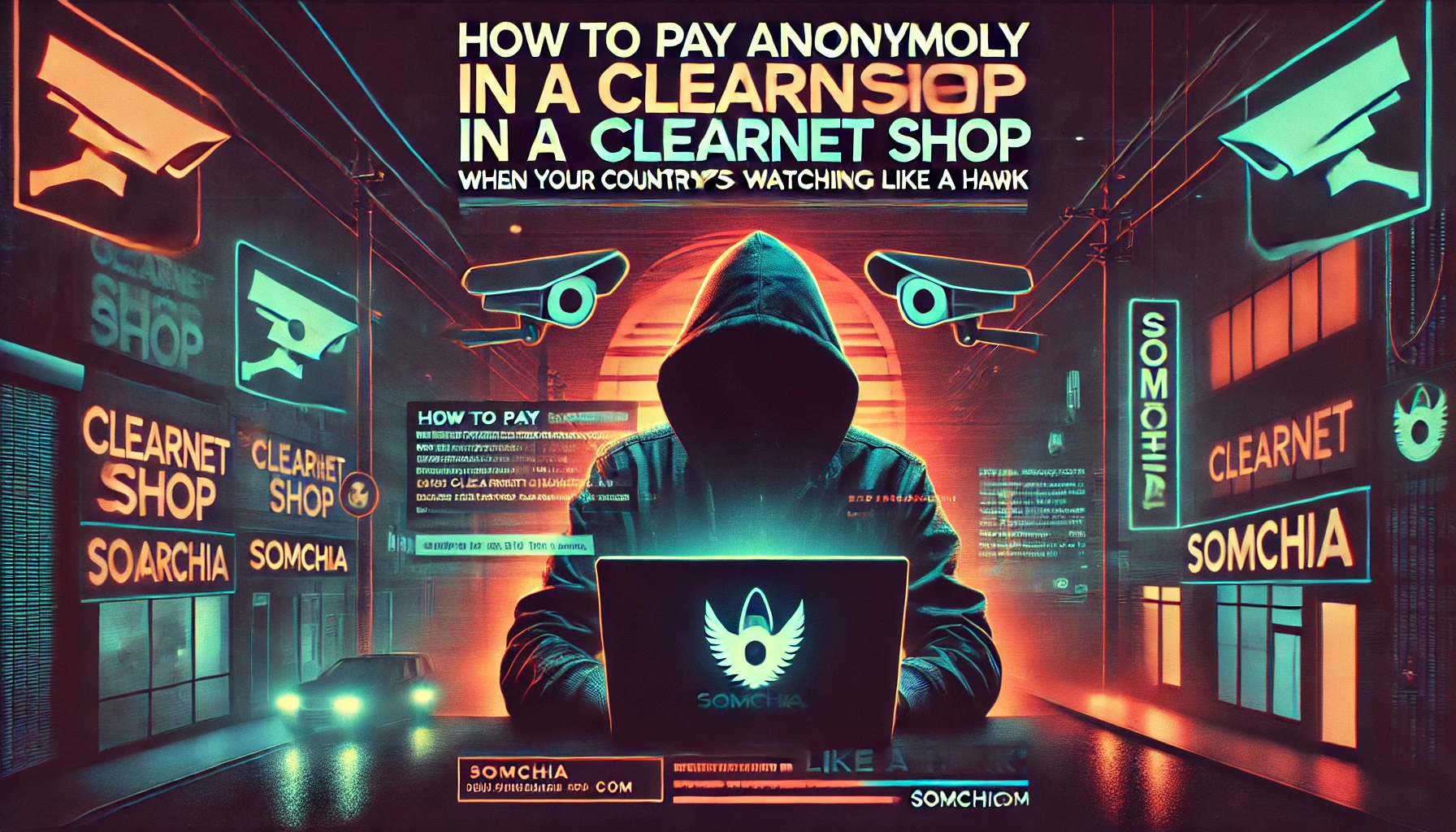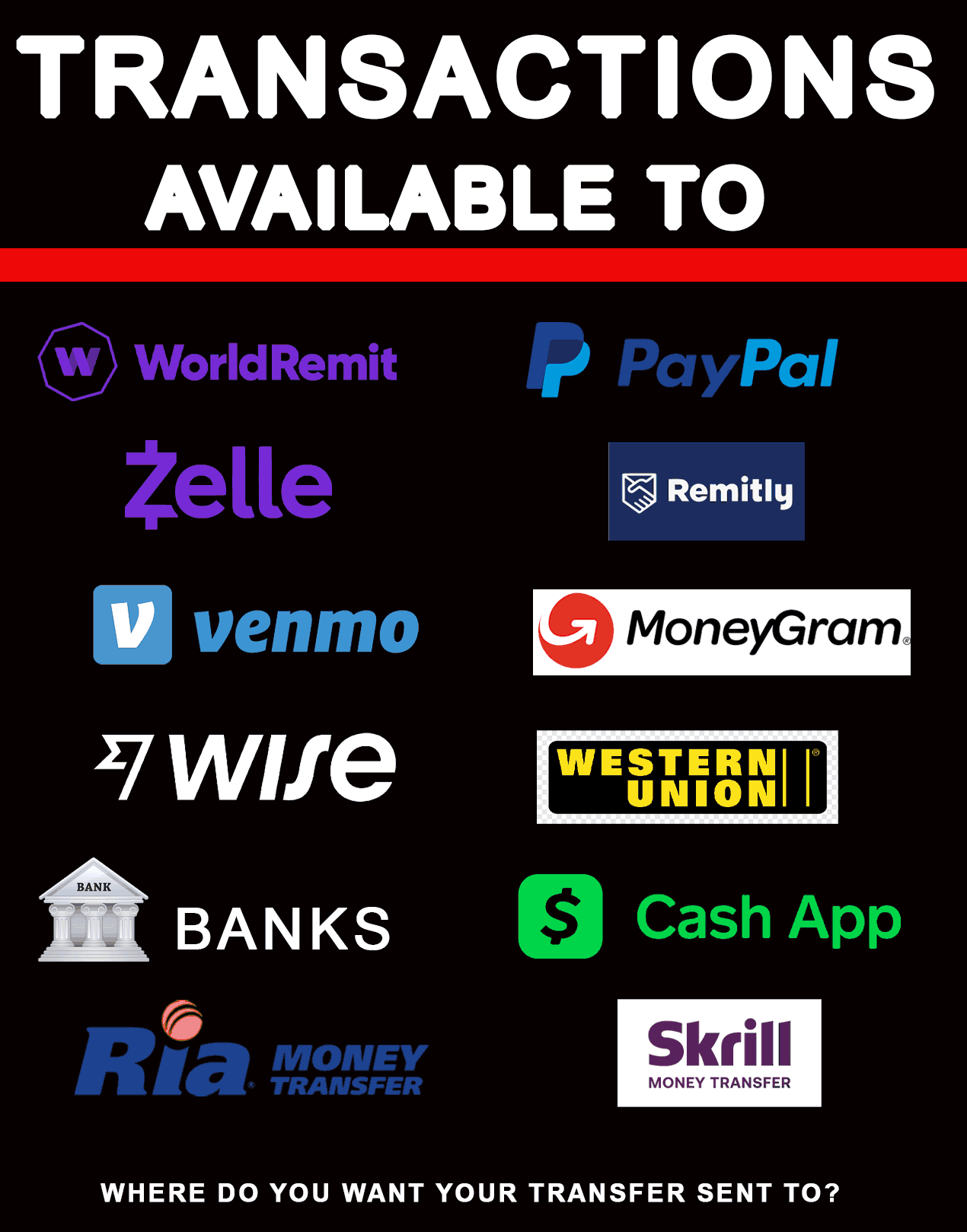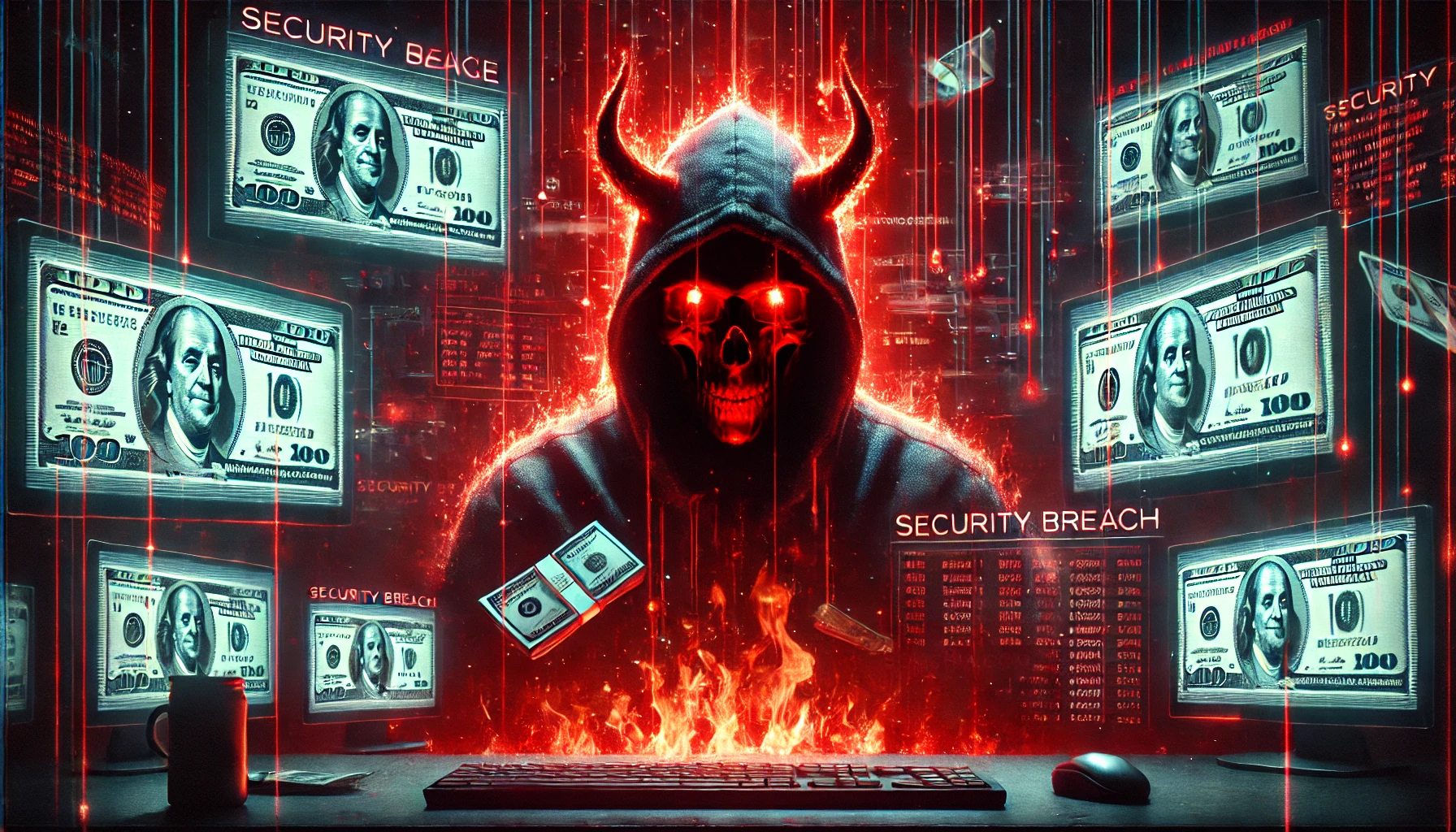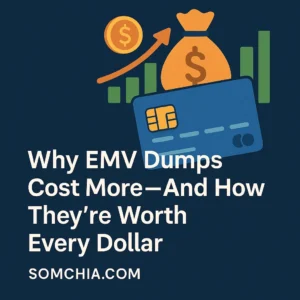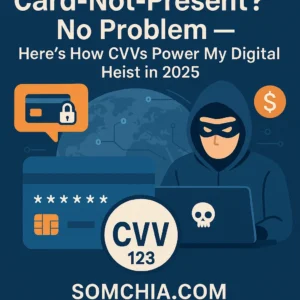Every once in a while, you find yourself staring down the digital barrel of a purchase you need to make. Not want—need. Maybe it’s medical. Maybe it’s legal where the seller is, but illegal where you are. Maybe it’s something that cuts through bureaucracy and hypocrisy like a scalpel through lies. But there’s a catch. This thing you need is sitting in a clearnet shop, just within reach, but the payment methods? Cards. PayPal. Bank transfer. The digital leash of modern society.
You start to realize something: anonymity, in the world of compliant payment gateways, is treason.
And yet, that’s where the real game begins.
The Lie of Privacy in Clearnet Commerce
Here’s the truth they don’t want you to internalize: every clearnet transaction is a surveillance contract. The moment you plug in your Visa, you’ve given three entities power over you: your bank, the payment processor, and the state watching from behind the scenes.
They wrap it up in pretty terms like “fraud protection” or “anti-money laundering compliance.” But let’s call it what it really is—control. Control over your movement. Control over your choices. And in cases like mine, control over what you are allowed to access—even if someone a border away can legally buy the exact same thing.
The system wasn’t built for freedom. It was built for tracking.
So what happens when someone like me needs to punch a hole through that wall?
The Problem: Legal There, Illegal Here
I needed to buy something simple. Entirely legal in the shop’s country—both EU members, mind you—but punishable by law in my own. A contradiction in a union of nations that brags about “free movement.”
The shop would ship internationally, no questions asked, but the only payment methods? Classical instruments of traceable compliance: PayPal, bank transfers, credit and debit cards. All of which would leave a glowing trail back to my front door.
I scoured the darknet—nothing. Domestic options? A ghost town.
I wasn’t just looking to pay. I was looking to disappear in plain sight.
The Core Rules of Anonymous Payments
When you’re navigating the clearnet, anonymity isn’t just a tool—it’s armor. And like any armor, it only protects you if you wear all of it.
So here’s how I tore down the cage:
1. Prepaid Gift Cards: The Loophole They Hate
Some may scoff at it, but prepaid Visa or Mastercard gift cards still work. At least for now.
These are often sold in supermarkets, convenience stores, and even gas stations across parts of the EU and UK. You walk in, you pay in cash, you walk out with a card. No ID. No name. No fingerprint. You just vanish.
Most of these cards let you enter any cardholder name during checkout. The payment gateway just checks that it’s a valid card—not whether “John Doe” matches a government database.
Yes, some cards require activation. Yes, some may need a zip code for billing. But if you’re in the right country—or make the right friends—you can find the ones that don’t.
Thought in my head: What if they ask for verification?
Response: Then you’re holding the wrong card, friend. Burn it and start over. The right card won’t ask who you are. That’s the entire point.
2. Bitcoin? Only If You Know What You’re Doing
Let’s get this straight—Bitcoin is not anonymous. It’s pseudonymous. That blockchain is eternal, and every transaction is public. If you think paying a clearnet shop with Bitcoin protects you, you’re deluded.
But… that changes with mixers and privacy-focused wallets. You can buy Bitcoin with cash (peer-to-peer deals, crypto ATMs), run it through a proper mixer (think: Wasabi, Samourai Whirlpool), and then send it to a temporary wallet for the transaction.
However, most clearnet shops don’t accept Bitcoin because of “fraud risk” and “regulatory exposure.” So unless the vendor explicitly takes crypto, forget it.
And if they do take it? Expect them to log your IP, cookies, fingerprint, and more. Always cloak up.
3. Virtual Credit Cards (VCCs): Gray Zone Weapons
Certain platforms allow you to generate VCCs—virtual cards that you fund with crypto or fiat. Some are under the radar. Some are very much not.
Look for platforms hosted offshore, in jurisdictions that don’t bend the knee to EU regulators. Think Caribbean fintech startups or rogue Eastern European processors. A few operate quietly on forums, Telegram, or invite-only groups.
VCCs let you enter any name at checkout. They function like normal cards, but are disposable and untraceable—if used right.
Combine a VCC with a clean browser setup, residential proxy, and burner email, and you’ve got yourself a ghost account making real purchases.
4. Drop Address + Fake ID Combo (If You Go Nuclear)
Here’s where you enter the “no going back” phase. You get a drop address—a place you control but isn’t tied to your identity. Rented mailbox. Abandoned house with a porch. Even an Airbnb if you time it right.
Some go one step further and generate a full fake identity just for clearnet purchases. You’d be shocked how easy it is to fabricate an EU citizen’s data—from name to email to IP location to matching cardholder name.
Example? Order ships to “Lukas Werner” at a rented drop in Germany. Cardholder name: Lukas Werner. VCC details? Based in Germany. Proxy IP? Berlin.
Everything checks out. The shop ships. Customs shrugs. And if it ever gets flagged? There’s no trail leading back to you.
The Real Threat: Customs and Random Checks
Let’s not pretend like anonymity in payment is the only challenge. Once you solve that, you still have to dance past customs.
The EU doesn’t normally check packages moving between member states. But countries like Germany, France, and Sweden are known to do random spot checks—especially on packages from certain vendors or flagged categories (chemicals, tools, supplements, etc).
If you’re ordering something that can get you arrested? Treat it like contraband. Reroute your delivery through a less aggressive country. Use stealth packaging. Order small. Don’t repeat orders to the same address.
And most importantly: never receive the package at your residence.
Final Word: You’re on the Battlefield—Act Like It
This isn’t about paranoia. This is about not playing the game like a sheep. The clearnet is one of the most hostile places to operate if your threat model includes governments, corporations, or snooping payment networks.
But the tools exist. The methods work. You just need the spine to use them and the discipline to shut the hell up afterward.
Every anonymous transaction is a protest. A declaration that you won’t be reduced to a QR code in a compliance database.
So next time you’re thinking about how to pay anonymously for something the law says you shouldn’t have?
Remember this: They fear the buyer who can’t be traced.
Be that buyer.
Blog published for educational cybersecurity research. All actions described are hypothetical and for informational purposes only. Stay sharp, stay sovereign.

